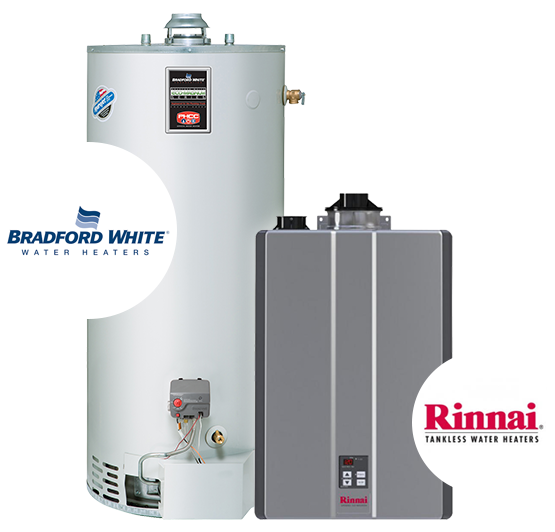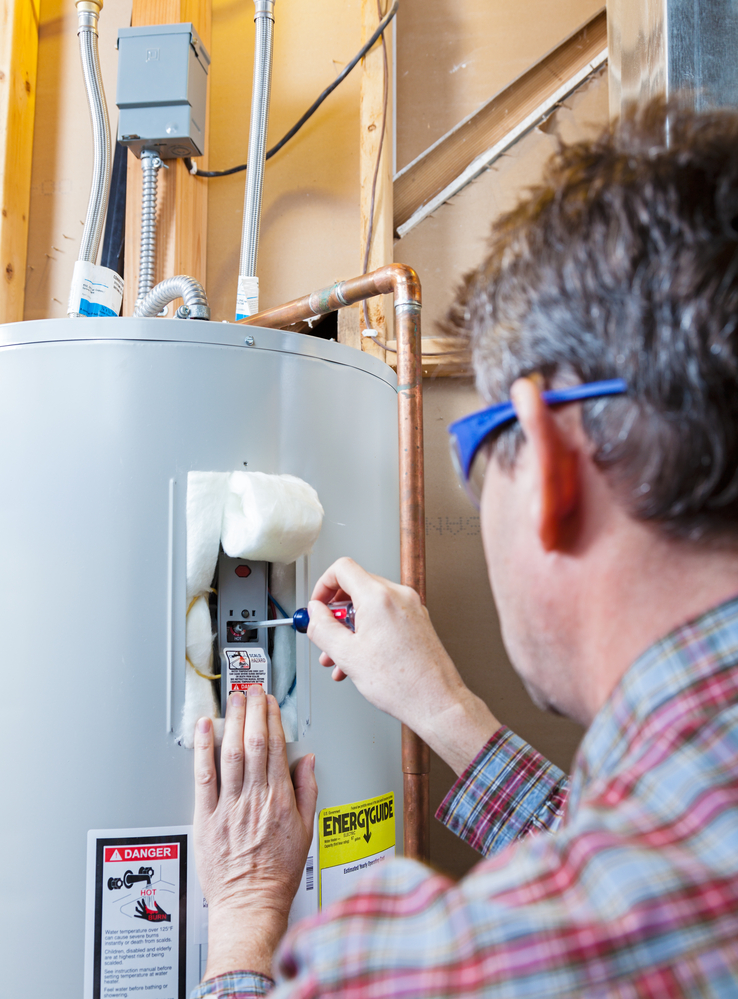Affordable plumbing engineers for water heaters
Electric Water Heaters

Heating water in a home needs a lot of electricity. In fact, about 12 percent of an average home’s energy usage is spent heating water. The amount of energy your own water heater consumes relies not only on how much hot water you use but also on the type of water heater you install. With these, when it’s time to install a new water heater in your household, it’s essential to compare different options before making a final purchasing decision.
Denver Water Heaters is a full-service Denver water heater repair, replacement and installation company providing residential, commercial and tankless water heaters. We are a professional water heater company serving the Denver area with licensed and guaranteed water heater service over the years.
We offer fast and quality service for water heater repairs and replacements. Our professionally-trained plumbers arrive in vehicles stocked with water heaters and other necessary tools to get your hot water going swiftly. Call our experts at +1 720-555-5555 for anything water heaters, water heater replacement, installation or repair services. We are also ready and glad to answer any water heater questions you have. We are available 24/7.
- Low Pricing
- Tankless Water Heaters, Gas & Electric Water Heater Repair & Replacement
- Professionally-trained technicians
- Top-notch repair parts & name-brand water heaters
- Professional Customer Service 24/7/365
- Our repairs & water heater replacements are easy to schedule, prompt and effective
Electric water heaters pros and cons
Electric water heaters are one of the most known options for household water heating, though it can be hard to know the pros and cons of installing this type of water heater. Here are some of the most essential benefits and slacks of using an electric water heating setup:
Pros of electric water heaters
There are many reasons you should consider installing electric water heaters instead of gas water heaters in your household; here are some of the advantages that electric water heaters have against the competition:
-
Lower initial costs
Among all water heater options accessible on the market today, an electric water heater is likely to be your most affordable option when it comes to upfront price.
Importantly, the cost will duly depend on the size and type of water heater, in spite of the fuel used to power it. For instance, conventional tank water heaters are less pricey, while tankless or on-demand water systems tend to be more expensive. Generally, the price inequality between the types of hot water heaters is mostly the result of the cost of installation.
Electric water heaters do not need this additional in-home infrastructure, so the installation process is both easy and fast. There is a chance that your home may need an electrical upgrade preceding installing an electric water heater, which would make the installation process more costly; however, such upgrades are rare when installing or fixing an electric water heater.
-
Efficiency
The best way to compare the efficiencies or effectiveness of different water heaters is to look at their individual energy factors (EF). This number evaluates how effective or efficient a water heater is at producing hot water, measuring the amount of fuel or electricity required to heat your water. With the EF numbers in hand, contrasting the efficiency of each type of water heater is quite easy. Heaters with high efficiency will have higher EF numbers.
-
Safety
Both electric and gas water heaters are safe ways for heating your water. As with any appliance run on gasoline, water heaters are prone to gas leaks if they run on natural gas. You can reduce these risks by carrying out proper maintenance and inspections of your gas water heater.
While electrical water heaters have their own safety concerns, the possibility of experiencing a gas leak is higher than experiencing any sort of electrical safety issue with a water heater.
-
Availability
Nearly every household has electricity, and as such, they all have a readily accessible source for electricity. This means that the majority of homeowners can effectively use an electric water heater.






Cons of electric water heaters
Electric water heaters are not the best for every household. These are some of the lapses of using an electric water heater:
-
Heating time and recovery rates
Spending a lot of time waiting for your shower water to heat up can be very frustrating. With electric water heaters, this process is going to take even longer than with gas water heaters. This is because the gasoline combustion process produces heat more quickly than electric heating.
Gas water heaters have a higher recovery rate. For households with plenty of members(which means plenty of hot water needs), gas water heaters may be an essential requirement. Alternatively, smaller households won’t require the same recovery rate that gas water heaters have to offer.
-
Power outages
If the grid goes down due to one thing or the other, you won’t have access to hot water with an electric water heater. Gas water heaters, on the other hand, can function even when your power is out.
-
Operation costs
Although electric water heaters are more efficient or effective than gas water heaters, you’ll likely spend less money if you heat your water supply with gas. Currently, natural gas is one of the cheapest sources of energy, and in most cases, the cost of electricity is much higher.
As the costs of both natural gas and electricity differ by region, it’s a great idea to contrast the costs of each before making a final decision on how you want to heat your water.
-
Powering electric water heaters with solar panels
If your only concern with buying an electric water heater is the operation cost, you can always pair your electric water heater with a solar energy system. By investing in solar panels, you can run your water heater off the power of the sun rather than buying electricity from your utility company. Another benefit is, solar panel systems will enable you to save more than just your water heating costs; they can help potentially eliminate your entire electricity bill. Most electric water heaters are sold between $500 and $800. Of which, majority of them are in the $500 to $600 range.
Before you purchase or buy a water heater, ensure you give us a call first at Denver Water Heaters. We can guide you, and make sure you make the right choice for your home. We know what is best for the size of your home and we can discuss your hot water demands so you get the right system. We at Denver Water Heaters are professionals at installing and maintaining all types of water heaters.
Installing on time and with no issue is what we do. Our water heater installation team can be reached at +1 712-555-5555.
Nobody likes to run out of hot water. Nobody wants to pay high utility bills. A water heater installation from Denver Water Heaters will help you to save money and the environment, and give you all the hot water you and your entire household needs.
Your water heater is an essential part of your house, let us help you install and maintain it. For a licensed, professional and insured Denver Water Heaters expert, call +1 712-555-5555 today
Frequently Asked Questions
Do electric water heaters consume lots of electricity?
Normally, a hot water heater that uses a tank will function for three to five hours per day. So, a 4,000-watt heater used for three hours a day at 10 per kWh will cost $1.20 per day, and about $36.50 per month, or $438 per year.
Are electric water heaters worth it?
If you are contrasting the efficiency of an electric water heater vs a gas water heater, electric heaters are more efficient or effective. Although gas water heaters are less expensive to run monthly due to the low cost of natural gas—a gas heater consumes more energy to operate and releases waste into the environment.
How long should an electric water heater last?
Based on the manufacturer’s or producer’s suggested service life, the life expectancy of a water heater is about eight to 12 years. That differs with the location and design of the unit, quality of installation, maintenance schedule and water quality.
Is it cheaper to heat water with gas or electric?
When purchasing a water heater, electric water heaters cost less than gas water heaters. While it’s always possible to purchase expensive water heaters in either electric or gas types, if you want a less expensive or cheaper heater, it will usually be electric.
